Key Takeaways:
- A sound barrier wall can transform your home into a peaceful haven and reduce noise pollution.
- A sound barrier wall promotes mental well-being by creating a serene atmosphere.
- When selecting a sound barrier wall, consider materials, aesthetics, and budget.
- Proper site preparation and hiring professionals are crucial for installing a sound barrier wall.
- Maintain your sound barrier wall by regular cleaning, adding greenery, and addressing repairs.
1. Understanding the Need for a Sound Barrier Wall
Enhancing Your Living Space
Our homes are our sanctuaries, a place where we seek solace and tranquility. However, noise pollution can often disrupt the peaceful atmosphere we crave. Whether it’s the constant traffic noise from nearby roads, the loud neighbors, or the bustling city sounds, excessive noise can have a negative impact on our well-being. This is where a sound barrier wall comes into play.
A sound barrier wall is designed to absorb or reflect sound waves, reducing the amount of noise that enters your living space. By installing a sound barrier wall, you can transform your home into a serene and peaceful haven, shielded from the disturbances of the outside world.
Reducing Noise Pollution
Noise pollution is a pervasive and growing problem in urban areas. It can negatively affect our health, sleep patterns, and overall quality of life. Studies have shown that prolonged exposure to high levels of noise can lead to stress, anxiety, and even cardiovascular problems. By building a sound barrier wall, you can effectively reduce noise pollution and create a more peaceful environment for you and your loved ones.
Sound barrier walls act as a physical barrier that absorbs, reflects, or diffuses sound waves. They can block out unwanted noises, such as traffic or construction sounds, and provide a quieter living space. This not only enhances your comfort but also promotes better relaxation, concentration, and productivity.
Promoting Mental Well-being
In today’s fast-paced world, finding moments of peace and tranquility is essential for maintaining our mental well-being. Excessive noise can contribute to feelings of irritability, fatigue, and even depression. A sound barrier wall can help create a more serene and calming atmosphere, allowing you to unwind and rejuvenate.
Studies have shown that exposure to natural sounds, such as birdsong or flowing water, can have a positive impact on our mental health. By reducing unwanted noise and creating a quieter environment, a sound barrier wall can allow you to reconnect with nature’s soothing sounds and improve your overall well-being.
2. Selecting the Perfect Sound Barrier Wall
Exploring Different Materials
When selecting a sound barrier wall, it’s important to consider the materials used in its construction. The right material can significantly impact the effectiveness of the sound barrier.
One commonly used material is concrete, which is known for its soundproofing properties. Concrete walls are dense and effectively block sound waves from passing through. Another option is wood, which can absorb and dampen sound vibrations. Other materials used for sound barrier walls include metal, plastic, and composite materials.
It’s essential to choose a material that suits your specific needs and preferences. Factors such as durability, maintenance requirements, and aesthetics should also be taken into consideration.
Considering Aesthetics and Design
While the primary purpose of a sound barrier wall is to reduce noise, it’s essential to find a design that complements your existing landscape and enhances the overall aesthetic of your space.
There are various design options available for sound barrier walls, including solid walls, perforated walls, and even walls with decorative elements. Consider the architectural style of your home and choose a design that seamlessly integrates with the surrounding environment.
Additionally, you can explore options to incorporate greenery, such as climbing plants or vertical gardens, into your sound barrier wall. Not only will this add visual appeal, but plants can also help absorb sound and further enhance the effectiveness of the barrier.
Budgeting and Cost Factors
The cost of installing a sound barrier wall can vary depending on various factors, including the materials used, size of the wall, and complexity of the installation.
Before embarking on this project, it’s important to set a budget and determine how much you’re willing to invest. While sound barrier walls can be a substantial investment, the long-term benefits in terms of peace, quiet, and improved well-being often outweigh the initial cost.
Consider obtaining quotes from different contractors and compare their prices, experience, and customer reviews. It’s crucial to strike a balance between quality and affordability to ensure you get the best value for your money.
3. Installing a Sound Barrier Wall
Preparing the Site
Prior to installing a sound barrier wall, proper site preparation is essential. This includes assessing the area where the wall will be installed, ensuring proper drainage, and obtaining any necessary permits or approvals.
It’s crucial to measure the dimensions accurately and mark the layout of the wall. Additionally, any vegetation or obstacles in the path of the wall should be cleared to ensure a smooth installation process.
Hiring the Right Professionals
Installing a sound barrier wall requires professional expertise and specialized equipment. It’s important to hire experienced professionals who have a proven track record in sound barrier installations.
Consider doing thorough research, reading customer reviews, and obtaining multiple quotes from reputable contractors. Additionally, ensure that the professionals you hire have the necessary licenses, certifications, and insurance coverage to protect you from any potential liabilities.
Understanding the Installation Process
The installation process for a sound barrier wall may vary depending on the chosen materials and design. However, there are some general steps involved.
First, the foundation for the wall needs to be prepared, which may involve digging and pouring concrete footings. Next, the individual panels or wall sections will be installed, often with the help of heavy machinery and cranes.
Once the wall is in place, any necessary finishing touches, such as sealing joints or applying a protective coating, will be completed. It’s important to follow the manufacturer’s instructions and consult with the professionals to ensure proper installation and long-term durability.
4. Maintaining and Enhancing Your Sound Barrier Wall
Cleaning and Upkeep
Regular cleaning and upkeep are important to maintain the effectiveness and aesthetics of your sound barrier wall.
Depending on the chosen material, different cleaning methods may be required. For example, concrete walls may require pressure washing, while wood walls may need regular staining or sealing to protect against moisture and UV damage.
Inspect your sound barrier wall regularly for any signs of damage or wear and address any issues promptly to prevent further deterioration.
Adding Greenery and Decorative Elements
Enhance the visual appeal and functionality of your sound barrier wall by incorporating greenery and decorative elements.
Consider planting climbing vines, such as ivy or jasmine, which not only add beauty but can also help absorb sound waves. Vertical gardens or hanging plants can also be installed to create a lush and vibrant backdrop.
Additionally, you can attach decorative elements, such as artwork or decorative panels, to personalize your sound barrier wall and make it a unique feature of your outdoor space.
Addressing Any Issues or Repairs
Over time, your sound barrier wall may require maintenance or repair. Common issues include cracks, fading, or loose panels.
If you notice any signs of damage or deterioration, it’s important to address them promptly. Consult with professionals to assess the extent of the damage and determine the most appropriate repair methods.
Regular inspections and proactive maintenance can help extend the lifespan of your sound barrier wall and ensure it continues to provide the desired noise reduction benefits.
By understanding the need for a sound barrier wall, selecting the perfect one, installing it correctly, and maintaining it effectively, you can create a peaceful and serene living space that promotes well-being. Don’t let noise pollution disrupt your sanctuary – take control with a sound barrier wall.
FAQ
Question: What is a sound barrier wall?
– A sound barrier wall is designed to absorb or reflect sound waves in order to reduce the amount of noise that enters a living space.
Question: How can a sound barrier wall enhance my living space?
– Installing a sound barrier wall can transform your home into a serene and peaceful haven, shielded from the disturbances of the outside world.
Question: Can a sound barrier wall reduce noise pollution?
– Yes, a sound barrier wall can effectively reduce noise pollution by acting as a physical barrier that absorbs, reflects, or diffuses sound waves.
Question: How does a sound barrier wall promote mental well-being?
– Excessive noise can contribute to feelings of irritability, fatigue, and even depression. A sound barrier wall can create a more serene and calming atmosphere, allowing individuals to unwind and rejuvenate.
Question: What materials are commonly used for sound barrier walls?
– Commonly used materials for sound barrier walls include concrete, wood, metal, plastic, and composite materials.
Question: How should I choose the perfect sound barrier wall?
– When selecting a sound barrier wall, consider factors such as the materials used, aesthetics, design, and budget to ensure it suits your specific needs and preferences.
Question: What is the installation process for a sound barrier wall?
– The installation process for a sound barrier wall may vary depending on the chosen materials and design, but generally involves preparing the site, hiring professionals, and following the manufacturer’s instructions for installation.
Question: How can I maintain and enhance my sound barrier wall?
– Regular cleaning, adding greenery, and addressing any necessary repairs or issues are important for maintaining and enhancing the effectiveness and aesthetics of a sound barrier wall.

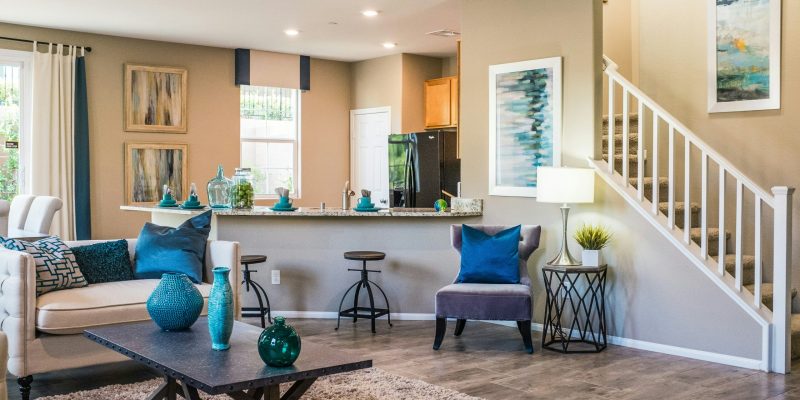
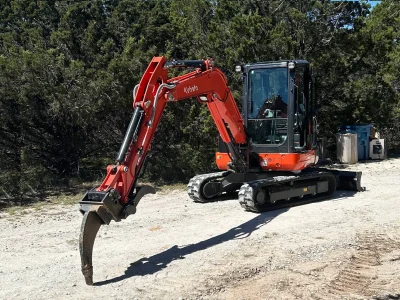
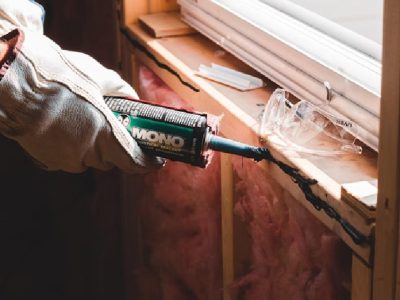


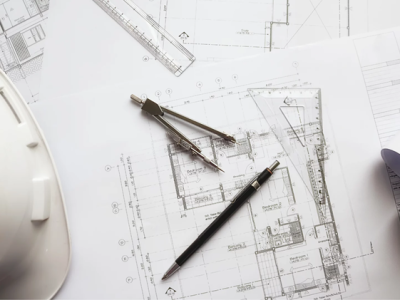
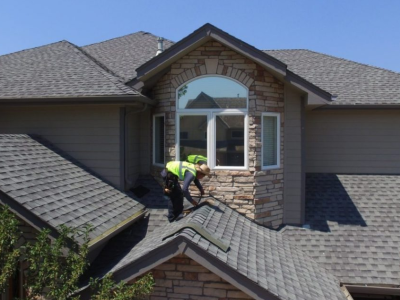




Comments